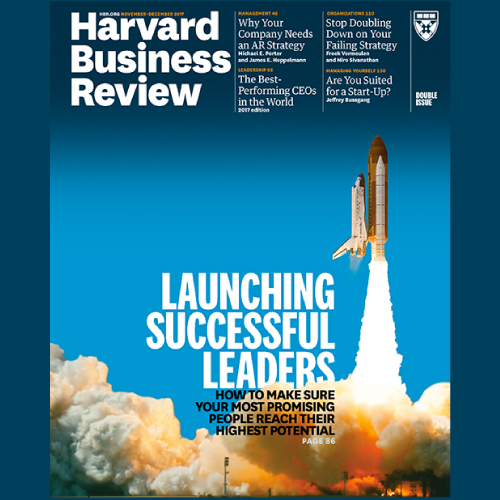Leadership Lessons from Great Family Businesses
According to the Family Business Institute, only 30% of family businesses last into the second generation, 12% remain viable into the third, and 3% operate into the fourth generation or beyond. Those that do continue often see their value decline significantly as a result of mismanaged succession.
The authors, all associates of the global executive search firm Egon Zehnder, partnered with Family Business Network International to analyze 50 leading family firms. Through interviews with both family and nonfamily executives, they discovered that the most successful of these companies do four things well: (1) They establish good governance practices that separate the family and the business and ensure oversight from a professional board. (2) They are careful not to lose what makes them special—a quality the authors call “family gravity.” (3) They assess future leaders on alignment with company values as well as on competencies. (4) They follow a disciplined selection process when considering candidates for the top post, and take care to provide meaningful support during the integration process.
(...)
More articles

21st-Century Talent SpottingHow can a person who seems so qualified for a position fail miserably in it? How can someone who clearly lacks relevant skills and experience succeed? The answer is potential, the ability to adapt and grow into increasingly complex roles and environments.
How to Find a (Great) Job During a DownturnBy using the framework and decision-support tool provided in this article you can drastically increase your chances of finding a great job, even in a downturn.

Turning Potential into SuccessCompanies must take a more scientific approach to turning their raw talent into leaders by mapping people’s potential to see how far they can go, and providing the right coaching and development opportunities.

The High Cost of Poor Succession PlanningLarge firms should pay adequate attention to their top- level leadership pipelines and succession processes, avoiding massive value destruction for companies and investment portfolios. This article shows you how.
The Definitive Guide to Recruiting in Good Times and BadThe authors offer their best thinking about state-of-the-art hiring practices for the top levels of the organization, covering the entire hiring cycle in seven steps.

Why I Like People with Unconventional ResumésWhy I like job candidates who have followed non-traditional career paths.
The Right Way to Check a ReferenceGreat reference checking is the most important way to avoid major hiring mistakes.
Hiring and Managing in Turbulent TimesTo thrive in turbulent times, executives and organizations should think of Janus, the Roman god of beginnings and endings.
Keep Employees from Leaving by Emphasizing TeamworkIn order to truly capture the benefits of our entrepreneurial society, we must switch our focus from the individual to the team.
Why Family Firms in East Asia Struggle with SuccessionAsian family businesses urgently need to carefully manage their governance, talent development, and leadership transitions.
6 Traits of Strong Family BusinessesTo thrive across generations, family businesses need to master six family gravity dimensions.
Now Is an Unprecedented Opportunity to Hire Great TalentVisionary leaders can capture now an unprecedented opportunity to hire great talent.
To Grow as a Leader, Seek More Complex AssignmentsThe most successful leaders are the ones who continue to learn and grow, through assignments that involve increasing complexity.
The Key to Career Growth - Surround Yourself with People Who Will Push YouPeople who will push us in unexpected ways are the key to career growth.

From Curious to CompetentExecutives with extraordinary curiosity are usually able, with the right development, to advance to C-level roles.
Developing the Next Generation of Leaders in Your Family BusinessCarefully identifying and properly developing the next generation of leaders is by far the most consequential decision for any family business founder, owner, or leader.

How to Look for Emotional Intelligence on Your TeamHow do we assess emotional intelligence in working adults?
How to Make a Team of Stars WorkSix critical dimensions determine the effectiveness of leadership teams confronting different challenges.

How to Hang On to Your High PotentialsThis article describes emerging best practices in executing high-potential programs, including the latest thinking on how to nominate and assess participants, design effective job rotations and stretch assignments, provide thoughtful rewards and incentives, and communicate about the program with the rest of the organization.
The Secrets of Strong Family BusinessesIn this HR webinar Claudio discusses what family businesses must do to remain healthy and viable over the long term, providing examples and case studies from across the globe as well as actionable recommendations to increase your family business’s chances of long-term success.